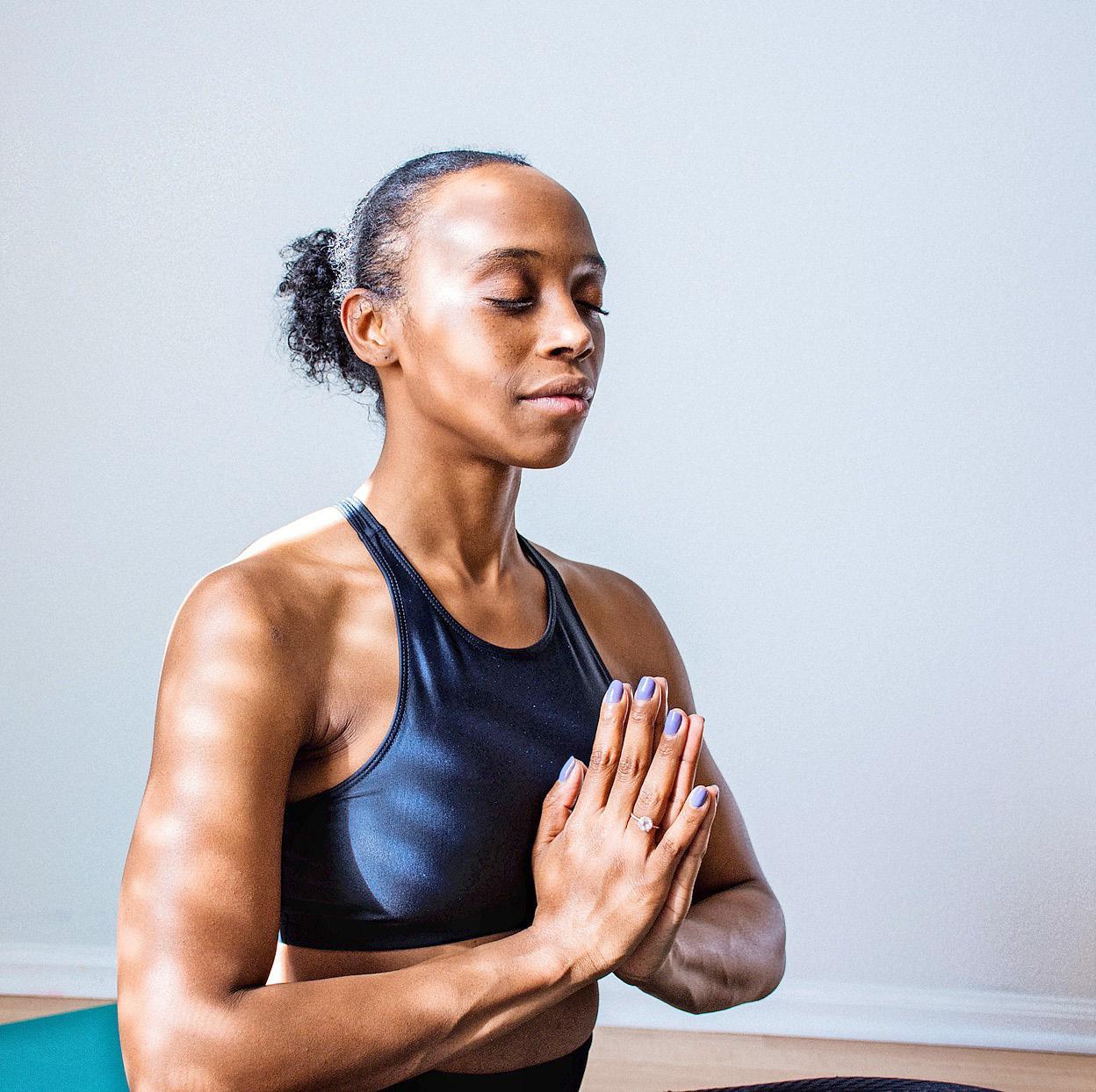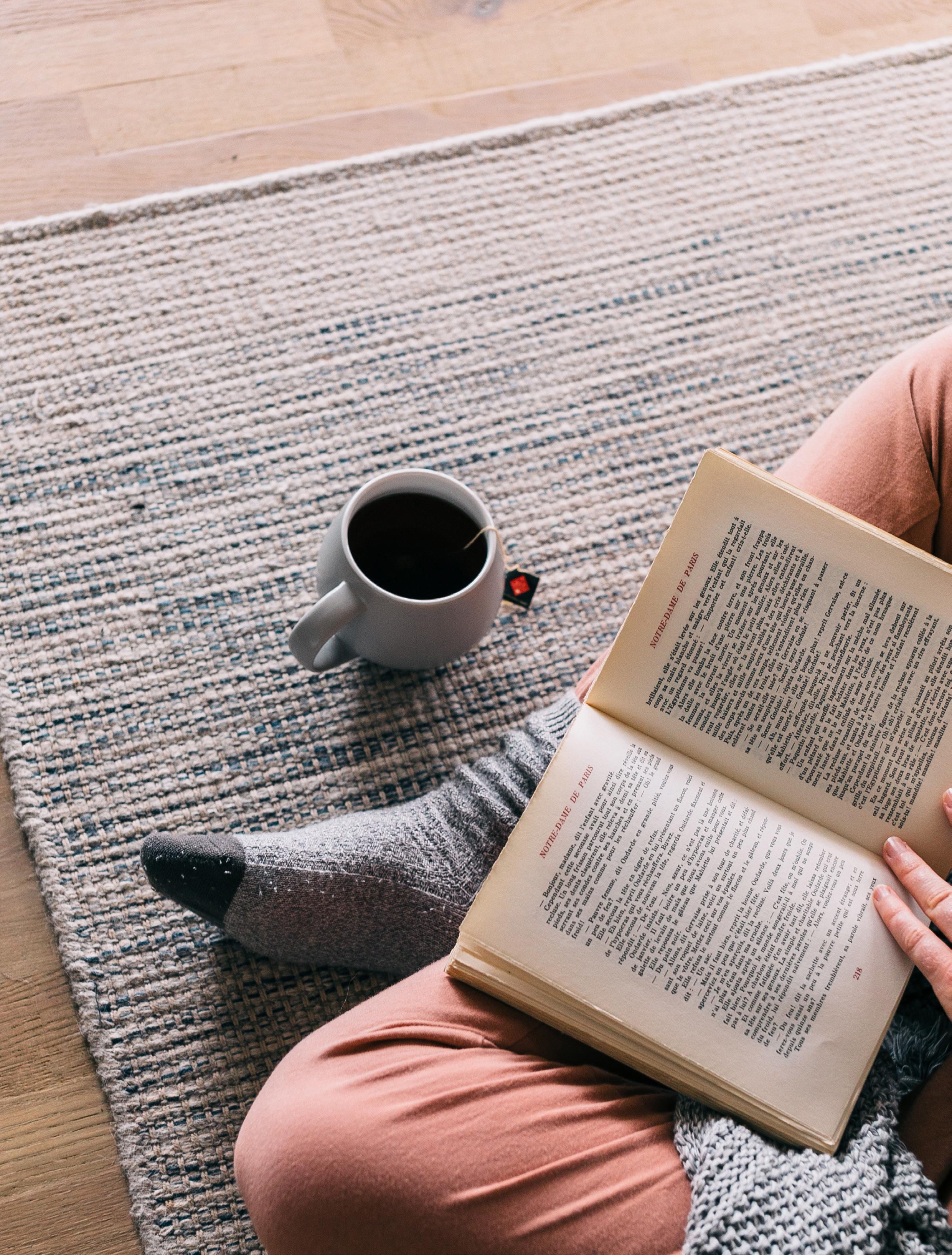
5 minute read
Healing mind & body
Viwe Ndongeni-Ntlebi
We may talk about mental health and self-care as two separate things but, in reality, experts say they’re interconnected.
Advertisement
THESE are uncertain times we are in and the pressure on people’s mental health has possibly never been greater.
Whether you are adjusting to a new work-home situation, the loss of a job, or grieving the loss of a loved one, the weight of these unprecedented times can be heavy, and significantly impact our mental health.
We may talk about mental health and self-care as two separate things but, in reality, experts say they’re interconnected.
Taking care of one’s mental health has become a bigger priority. There has been an increase in self-care interventions and it’s shifting the way health care is perceived, understood and accessed, but also adding to the many medicines, routines, concoctions and technologies available for people to use themselves.
A recent World Health Organization (WHO) survey in 130 countries shows Covid-19 has disrupted or halted critical mental health services in 93% of countries worldwide while the demand for such services has increased.
Before the pandemic, the WHO found many countries were spending less than 2% of their national health budgets on mental health and struggling to meet their populations’ needs.
This has sparked concerns that the current situation could become dire if ignored.
A study conducted by the Human Sciences Research Council during the first hard lockdown around April 2020 reported that 33% of South Africans were suffering from depression, while 45% were fearful, and 29% were experiencing loneliness.

TAKING care of your mental health has become a bigger priority. | ANDRE FURTADO Pexels
This has also prompted people to be more intentional about creating space to recharge and decompress.
The current mental health epidemic isn’t only on the individual level. The South African Depression and Anxiety Group (Sadag) says as many as one in six South Africans suffers from anxiety, depression, or substance-use problems.
Felicity Pienaar, an Occupational Therapist at Akeso Clinic in Nelspruit said there are several societal behaviours that also have a bad impact on our mental health. We’re seeing this in three ways:
1. Fast and slow lifestyles
Our desk-bound lifestyles mean we’re not getting the exercise our bodies and minds need. Couple that with fast food, a technologically enhanced culture of instant gratification, long working hours, and smartphone-diluted leisure time, and we’re starting to resemble lab rats.
2. Moral degradation
Society’s growing desensitisation to things like infidelity, materialism, and disrespect for others, is contributing to serious emotional harm. In fact, researcher, Richard Eckersley (2006) says that “materialism is associated, not with happiness, but with dissatisfaction, depression, anxiety, anger, isolation, and alienation”.

3. The overuse of tech
Perhaps the most dangerous, yet largely under-addressed habit we’re practising daily is overusing our smartphones and computers. Psychiatrist and author Victoria L Dunckley (2014) says this is a problem because overexposure to screens can have a significant effect on our brain’s structure and function – especially in the frontal lobe.
This area of the brain undergoes massive changes until the mid twenties, and is said to affect all areas of life – from relationships to career and academic success. Like physical health, your mental health requires constant and deliberate self-care. And this starts with understanding just how important selfcare really is. While mental health can be managed through medication, there are also several ways to complement the process that can be introduced to your self-care routine.
Conscious breathing can make a difference:
While we breathe to feed our body with oxygen, it’s a function linked to our emotional and mental states.
Dr Ela Manga, author of Breathe – Strategising Energy in the Age of Burnout, says breathing is regulated by the nervous system and is also in our conscious control.
“We develop suboptimal breathing habits in response to emotional suppression, societal conditioning and modern lifestyles. These breathing patterns then form part of neural pathways that inform our thinking patterns, choices and habits.
“When used in specific ways, breathing allows us to release and resolve emotions, belief systems, stresses and memories which are often inaccessible through the more conventional talking therapies. Breathing is the bridge between our conscious and subconscious experiences,” Manga said.
Manga adds that conscious breathing is one of the safest and most direct ways to explore our bodies, minds, emotions and spirituality, allowing access to our natural state of energy and inner peace.
While we are aware that our diet quality can affect our physical health, it is also important to note the impact food can have on our mental health too.
Poor dietary habits alone have increased the risk of depression by 18% in adults and across their lifespan.
In particular, researchers at Harvard Health Publishing exploring the “gut-brain connection”, found that the gastrointestinal tract works alongside the brain and can contribute to one’s mood and mental health.“When you learn to give your body and brain what it needs, you will feel a remarkable difference in your quality of life,” the researchers noted.
Herbalife Nutrition shares tips on what to add for moodboosting food nutrients for mental health:
• Complex carbohydrates, such as starchy vegetables, brown rice, sweet potatoes and quinoa, offer a good source of energy.
• Protein is a critical part of the processes that fuel the body’s energy and carry oxygen throughout the body in the blood, so including lean protein in daily diet is key. Fish, meat, chicken, eggs, nuts, seeds and soya beans are sources of protein.
• Fatty acids help assist the brain and nervous system. Flax seeds, meat, fish, and eggs are all packed with fatty acids.
• Healthy fats, such as avocado as well as coconut and olive oils, also support healthy brain function.
Health experts advise against processed snacks and high-sugar foods, which can impact the ability to concentrate and may cause dips and spikes in energy levels.
Put yourself first and focus on self-care:
Su-Marie Annandale, Clere brand manager, shares two tips to help you prioritise self-care from today:
1 Be kind to yourself: You are doing the best you can. Stop comparing yourself to others..
2 Keep it real: If your to-do list (whether work or personal life) is overwhelming then why not each evening identify the top three things you want to achieve the next day? Breaking it down into small, achievable steps will ensure you tick things off and feel a sense of achievement.

TAKE time out to read. | RACHEL CLAIRE Pexels










